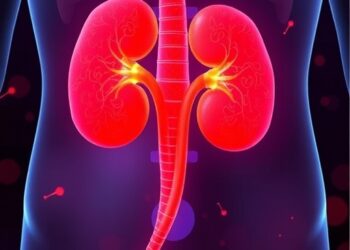The Science
Microbial communities are found everywhere, from soil, air, and water to humans and animals. We are made up of and are covered by a microbial jungle. Bacteriophages (also known as phages) are viruses that infect bacteria, and they are the most abundant biological entities in this jungle. Generally, they only infect specific bacterial strains, but they have a large effect on the world around us, including our health and global nutrient cycles. Despite phages’ importance, it has been very challenging to study their biology in the environment. As a result, the genomes of most phages contain many genes of unknown function. In this study, researchers developed a new CRISPR based technology to reduce the activity of genes (a process known as “knockdown”) in phages to determine if those genes are essential.
The Impact
Phages are incredibly diverse, and they typically greatly outnumber their bacterial hosts. As scientists identify new phages, they need technologies to rapidly characterize the genes in phages and their role in infection. This information can allow researchers to engineer phages for specific applications. For example, phages could be used to treat infections. To address this need, researchers developed a CRISPR-based technology to assess which phage genes are not critical to successful phage infection cycles.
Summary
Phages are one of the key ecological drivers of microbial community dynamics, function, and evolution. Despite their importance in bacterial ecology and evolutionary processes, phage genes are poorly characterized, hampering their usage in a variety of biotechnological applications. Methods to characterize such genes, even those critical to the phage life cycle, are labor intensive and are generally phage specific.
By applying a CRISPR-based knock-down approach to two well-known model phages, lambda and P1, this study demonstrated a high throughput, systematic gene essentiality mapping method that produced results consistent with known assignments of gene essentiality in both phages. The study also provided novel insights and, for the first time, presents a genome-wide landscape of gene essentiality for phage P1. In addition, the approach makes it possible to identify locations in phage genomes that are not essential and that can be replaced with genetic “payloads” for several applications. Finally, this study uncovered unintended gene expression effects and recommends caution towards interpreting essential gene assignments when applied to less studied phages.
Funding
This study was funded by the Department of Energy Office of Science, Biological Systems Science Division of the Office of Biological and Environmental Research as part of the ENIGMA (Ecosystems and Networks Integrated with Genes and Molecular Assemblies) project.




